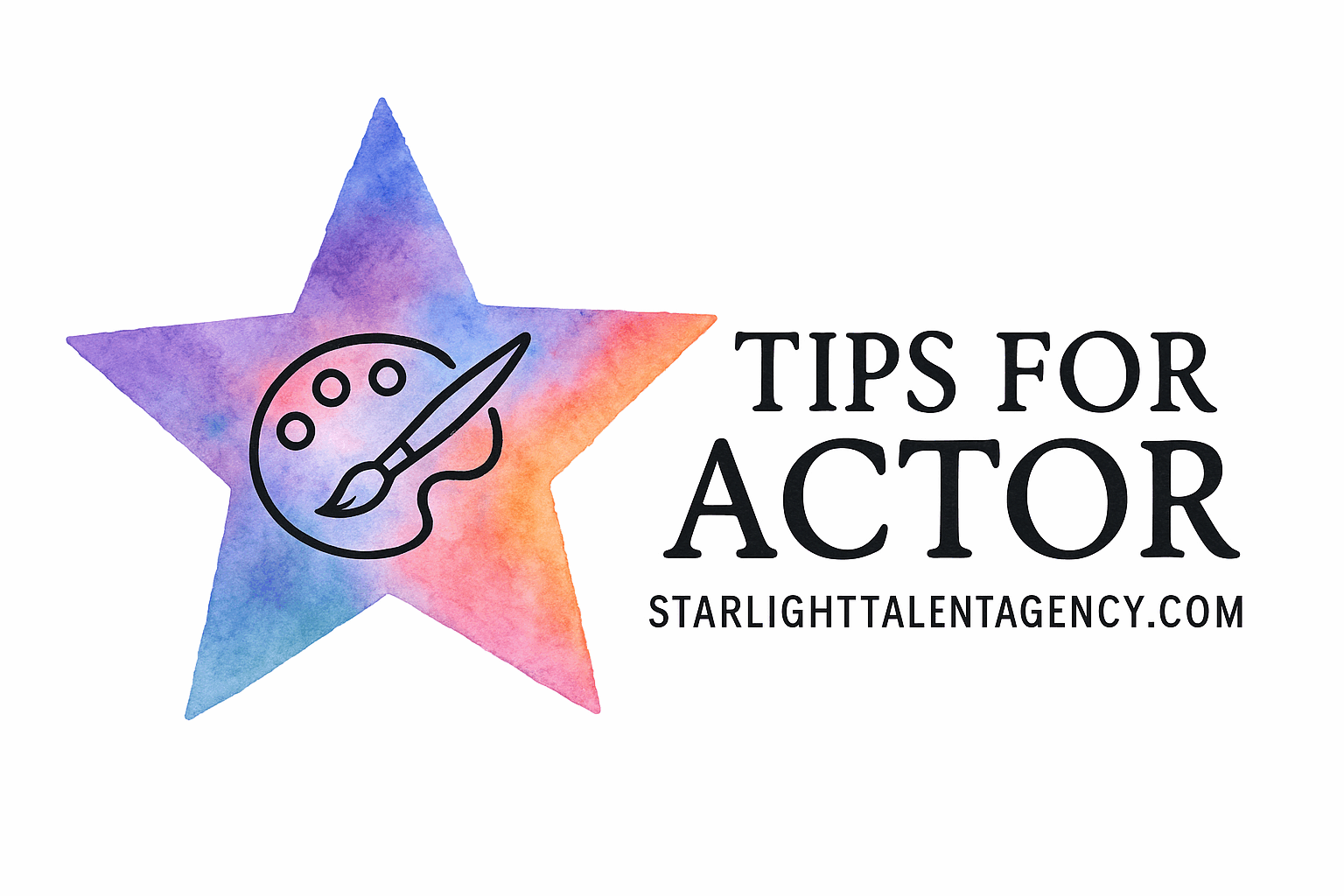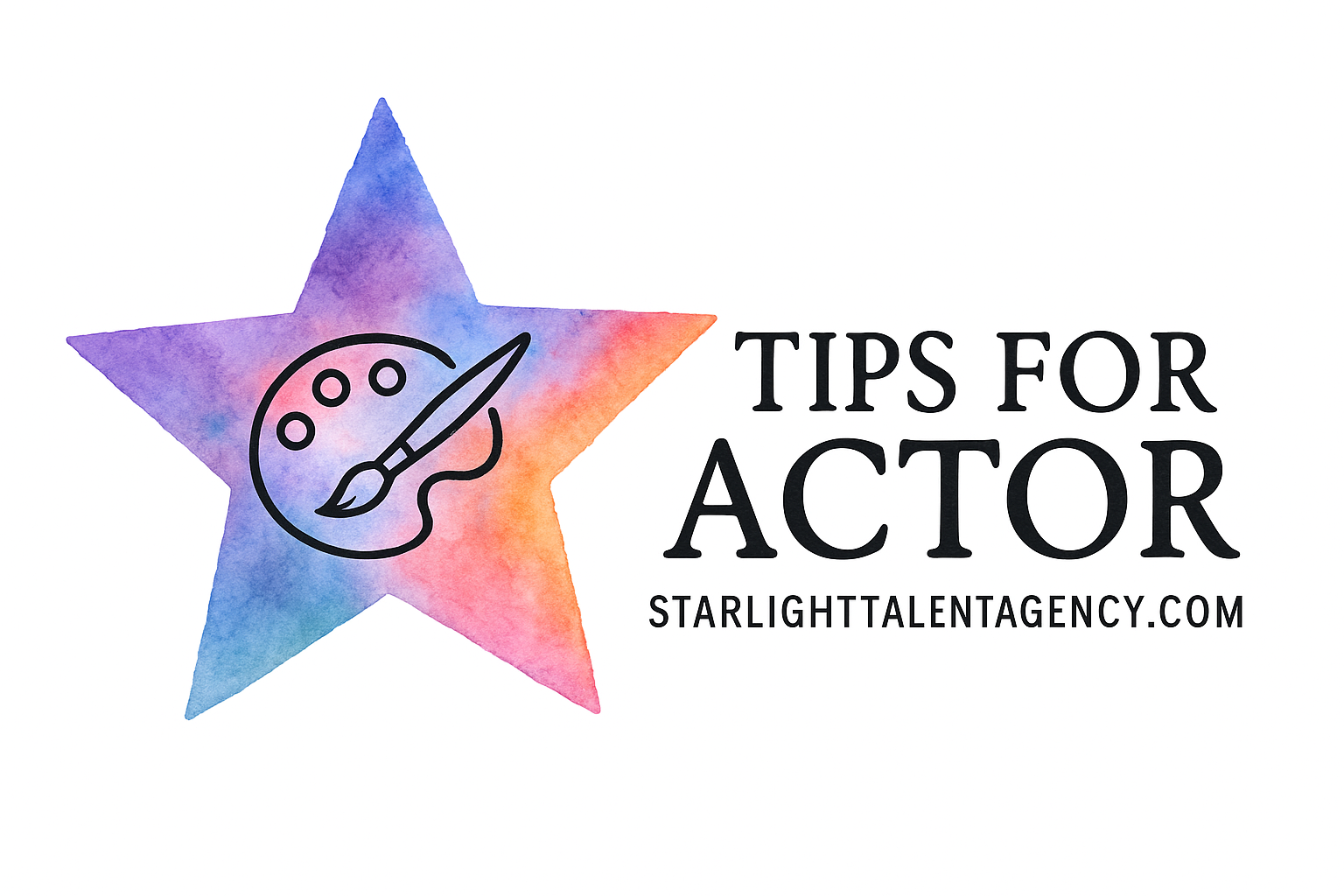Introduction: Why Coaching Matters in Actor Auditions
Auditioning is both an art and a science. For most actors, it’s the gateway between dream and opportunity — and like any skill, it gets sharper with coaching. Professional acting coaches bring out your best by refining your instincts, helping you understand scripts deeply, and teaching you how to command attention in the room (or on camera).
Whether you’re stepping into a traditional casting room or submitting a digital self-tape, these 10 essential coaching tips for actor auditions will help you elevate your performance and land roles with confidence.
1. Understand the Audition Process Thoroughly
Know What Casting Directors Look For
Casting directors aren’t just watching for talent — they’re looking for truth, connection, and readiness. A coach can help you decode what “it” means for each project: natural energy, chemistry with others, and the ability to take notes fast.
(Explore more about preparation at Audition Preparation Basics)
Researching the Role and Production
Before stepping in front of the camera, dig deep. Read about the director, production company, and tone of the project. This shows professionalism and helps you adapt your delivery. A well-coached actor always does their homework — they don’t just perform; they embody.

2. Perfect Your Audition Preparation Routine
Importance of Warm-Up Exercises
Great auditions begin long before the performance. Physical and vocal warm-ups prepare your instrument — your body and voice — for emotional precision.
Check out exercises and breathing routines in the Warm-Up Exercises section to stay limber and expressive.
Preparing Mentally and Emotionally
Acting coaches emphasize emotional grounding. Visualization, meditation, or journaling can help you connect authentically to the material. Remember, nerves mean you care — channel that energy into focus, not fear.
3. Master the Art of Script Analysis
Breaking Down the Scene
A well-coached actor never reads a script at face value. Break it down line by line — identify objectives, obstacles, and tactics. Understanding motivation is key.
Learn more from Script Analysis for deeper insight into this process.
Finding Emotional Beats in the Script
Coaches often talk about “beats” — emotional shifts that create texture in your performance. Recognizing and marking these beats can make your read dynamic and alive, rather than robotic.
4. Strengthen Your Character Development Skills
Building a Backstory That Feels Real
Even a two-line role deserves a backstory. Who is this person? What do they want? How do they move? The more personal truth you bring, the more believable the performance.
Visit Character Development for guidance on how to shape memorable characters.
Using Physicality and Body Acting
Your body tells the story as much as your words. Coaches often stress posture, gesture, and rhythm — collectively known as Body Acting. These nonverbal cues give life to your role.
5. Refine Your Self-Tape Mastery
Creating a Professional Self-Tape Setup
In today’s industry, your self-tape is often your first impression. Lighting, framing, and background matter. A clean, distraction-free setup signals professionalism.
Check out Self-Tape Mastery for expert guidance.
Choosing the Right Wardrobe and Lighting
Your outfit should reflect the character without looking like a costume. Coaches can help you strike that balance. Proper lighting enhances your facial expressions and eye contact — key elements that casting directors evaluate.
6. Develop On-Camera Acting Techniques
Subtlety and Authenticity in Close-Ups
The camera catches everything — even the thoughts behind your eyes. Unlike stage acting, on-camera work requires smaller, more truthful choices. Coaches train actors to internalize emotion rather than broadcast it.
For deeper insights, explore On-Camera Acting.
Connecting With the Lens, Not the Room
Treat the lens like your scene partner. A coach might teach you to focus your energy into the camera as if it were another person. This subtle adjustment can transform your performance.
7. Learn to Take Direction Gracefully
Understanding Feedback and Adaptation
Every director works differently. The best actors are adaptable. When you receive direction, listen carefully, apply it quickly, and show flexibility. This demonstrates professionalism and respect.
See Taking Direction for more guidance.
Building Flexibility in Performance
A coach helps you build a “range” of choices — multiple ways to deliver a line or emotion. That creative flexibility is what keeps you competitive and memorable.
8. Boost Your Acting Confidence
Overcoming Nerves Before and During Auditions
Even pros get nervous. The trick is managing it. Deep breathing, grounding exercises, and routine rehearsal can turn anxiety into energy.
Visit Acting Confidence for proven confidence-building strategies.
Mindset Shifts for Career Growth
Confidence grows from preparation. A coach helps you turn fear into curiosity — replacing “What if I mess up?” with “Let’s see what happens.” That mindset shift can redefine your entire career path.
9. Improve Your Scene Work with Partners
Listening and Reacting in Real Time
Acting is reacting. Coaches stress genuine listening — staying present instead of waiting for your next line. This makes scenes feel spontaneous and alive.
Discover more about Acting with Partners.
Creating Chemistry and Connection
Chemistry isn’t magic; it’s awareness and openness. Through scene work and trust exercises, you’ll learn to create emotional connections that resonate on camera or stage.
10. Maintain a Consistent Acting Schedule and Work Balance
Creating a Sustainable Practice Routine
Consistency builds mastery. Regular rehearsals, script reads, and physical conditioning keep you ready for any audition.
Explore Acting Schedule to learn how to stay consistent.
Balancing Rehearsal, Work, and Rest
A burnt-out actor can’t perform at their best. Coaches emphasize balance — dedicating time for rest, hobbies, and reflection. Sustainable artistry is the real secret to longevity.
Conclusion: Turning Coaching Into Career Growth
Audition coaching isn’t about perfection — it’s about preparation and growth. Every session sharpens your instincts, deepens your craft, and builds the resilience needed to thrive in this industry.
The more you invest in your coaching, the stronger your auditions become. So step into every room — virtual or in-person — with confidence, clarity, and the knowledge that your preparation will shine through.
FAQs
1. What’s the most important coaching tip for auditions?
Consistency in preparation — nothing beats being truly ready.
2. How can coaching help me overcome audition nerves?
A coach provides grounding techniques and practice scenarios to reduce anxiety.
3. How often should I train with an acting coach?
Ideally weekly, but even biweekly sessions can make a huge difference in progress.
4. Do I need different coaching for stage vs. on-camera acting?
Yes. On-camera work requires subtlety, while stage acting demands projection and physicality.
5. What’s the biggest mistake actors make during auditions?
Not listening — both to their scene partner and the director’s feedback.
6. How do I improve my self-tape quality?
Invest in lighting, sound, and background — and always check framing before recording.
7. Can I learn audition skills online?
Absolutely. Online coaching and resources like Advanced Audition Skills are excellent ways to grow your craft.


